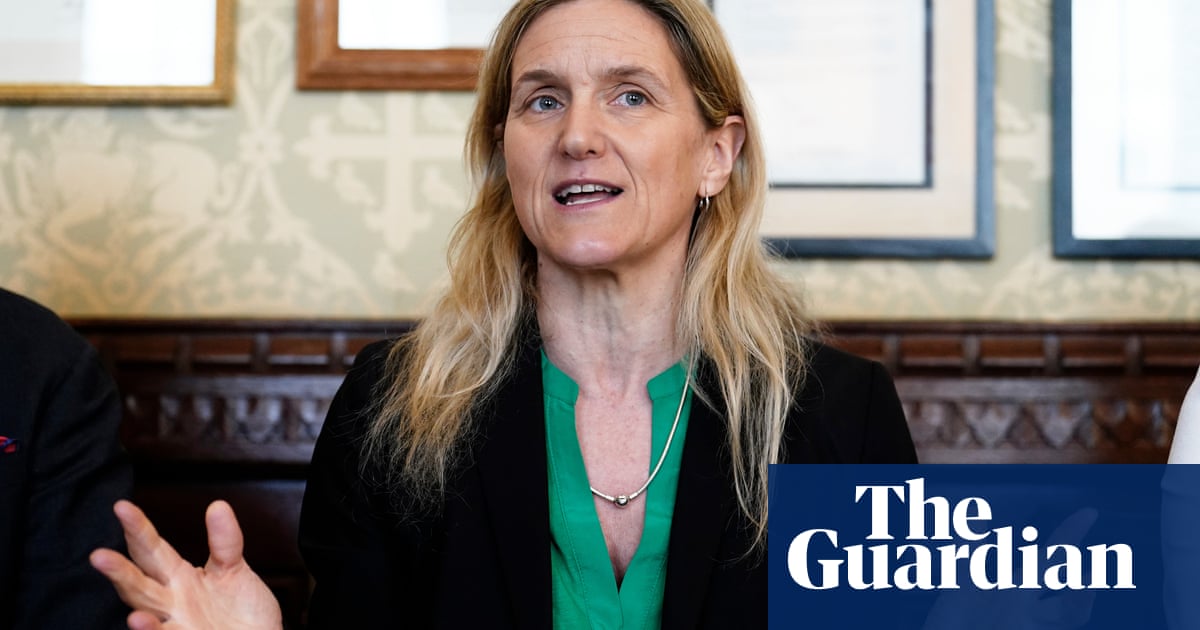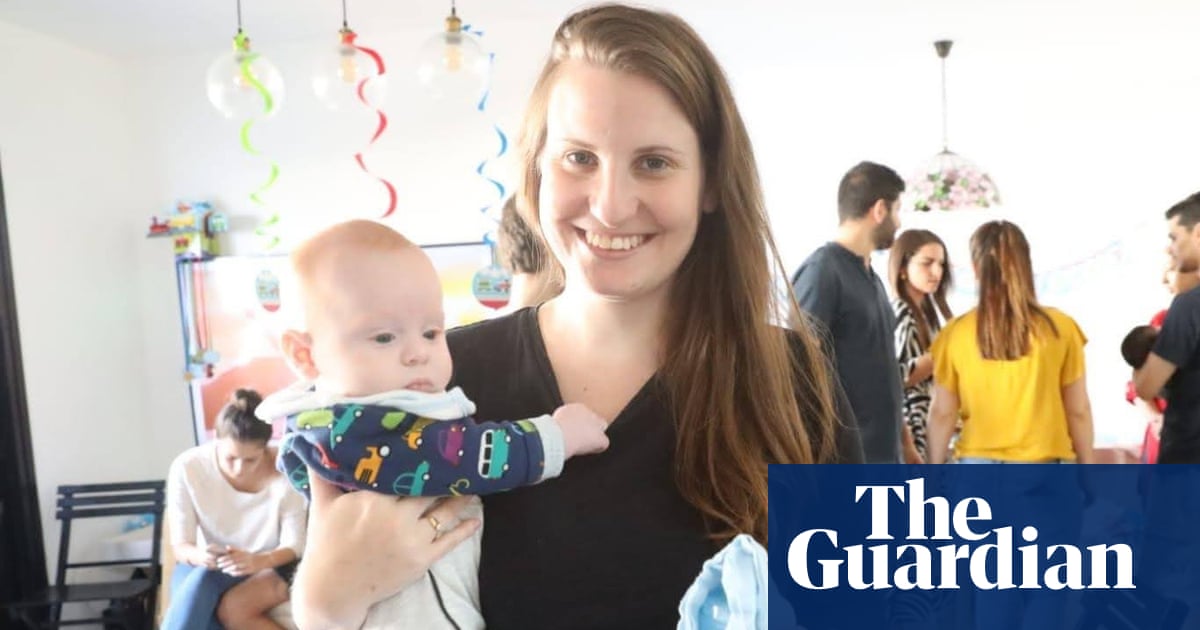The asylum system risks “damaging social cohesion” with homeless refugees putting “unprecedented pressure” on Glasgow services, the city council has warned.
Glasgow city council, the largest asylum dispersal area outside London, had welcomed asylum seekers for decades, said the city convener for homelessness, Allan Casey.
But the “unique” circumstances of Scotland’s stronger housing rights, such as a statutory duty to accommodate single adult males, combined with the last Conservative government’s changes to batch-processing claims, means “the current cost to the city is running into the tens of millions, with no end in sight”.
The Guardian has previously reported how the number of homeless refugees in Glasgow rose steeply as the Home Office accelerated its plan to clear the asylum backlog before last year’s general election.
Over the past year, hundreds of people who received their asylum decision elsewhere in the UK have come to Glasgow to access homelessness services there. More than half of those in the city’s temporary accommodation are from households that have been granted leave to remain.
While the incoming Labour government extended the notice period for refugees to exit Home Office accommodation to eight weeks, it can take months for them to receive the documentation required to secure alternative, affordable accommodation and for their universal credit claims to be processed.
Casey warned: “Obviously the numbers of referrals of people recently granted leave to remain is rising and, if the UK government doesn’t compensate the council, there is a real risk of social unrest, with bad actors pointing to budgetary decisions and saying ‘that’s because of asylum seekers and refugees’, which of course is not the case.”
During a recent city council byelection, the Reform UK candidate was accused of spreading misinformation after he claimed a former care home had been proposed as a hostel for asylum seekers.
Casey said the council now wanted to “work with the UK government to discuss some potential solutions, including a pause here in Glasgow, and our commitment to being a pilot area for people seeking asylum to work”.
More than 1,000 people from elsewhere in the UK – coming from cities such as Belfast, London, Manchester and Birmingham – have come to Glasgow since February 2024 to access homelessness support, attracted by Scotland’s housing rights, but also by the city’s strong record of integration and established migrant communities.
The council is eager to meet the UK government’s asylum minister, Angela Eagle, when she visits Glasgow next week. Last week Casey wrote directly to Eagle asking for a face-to-face opportunity to discuss what he describes as the “utterly untenable” pressures that the city administration is facing as part of the ongoing changes to asylum dispersal.
“Glasgow is the largest dispersal area in the UK, and we currently house over 4,000 asylum seekers here, and [the housing services provider] Mears have capacity for over 7,000,” he wrote. “This is putting unprecedented pressure on our housing system. We will continue to believe that asylum dispersal is good for our city, and we have been enriched by it. But the system you are presiding over is damaging social cohesion here, and we want to meet with you to discuss that.”
The letter pointed out that the circumstances in Glasgow were unique “because of Scotland’s world leading homelessness legislation”.
“We want to discuss these issues with you in person so that we can, collectively, come to an agreed way forward which continues Glasgow’s proud history as a dispersal city, while balancing the ongoing needs of our communities, and which funds us appropriately for the impact that your decisions are having.’
A government spokesperson said: “We have implemented a pilot scheme to double the move-on period, allowing newly recognised refugees 56 days to move on from the point they are served their grant of leave, while also supporting local authorities as this government clears the asylum backlog.
“There is a clear need for a smooth transition between asylum accommodation and other accommodation for asylum seekers granted leave to remain, which is why we are working to identify and implement efficiencies to support this process and mitigate the risk of homelessness.”

.png) 1 day ago
6
1 day ago
6













































